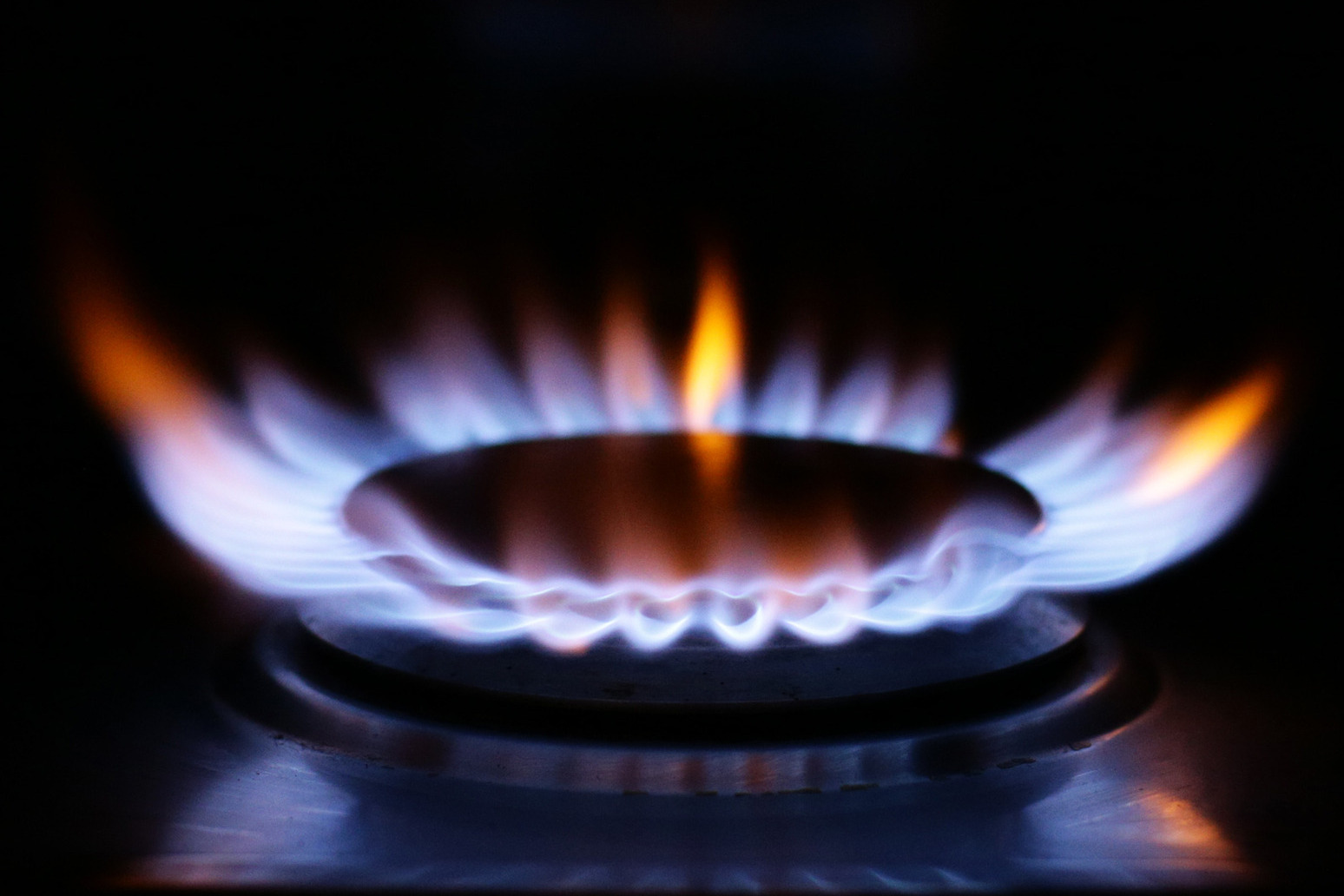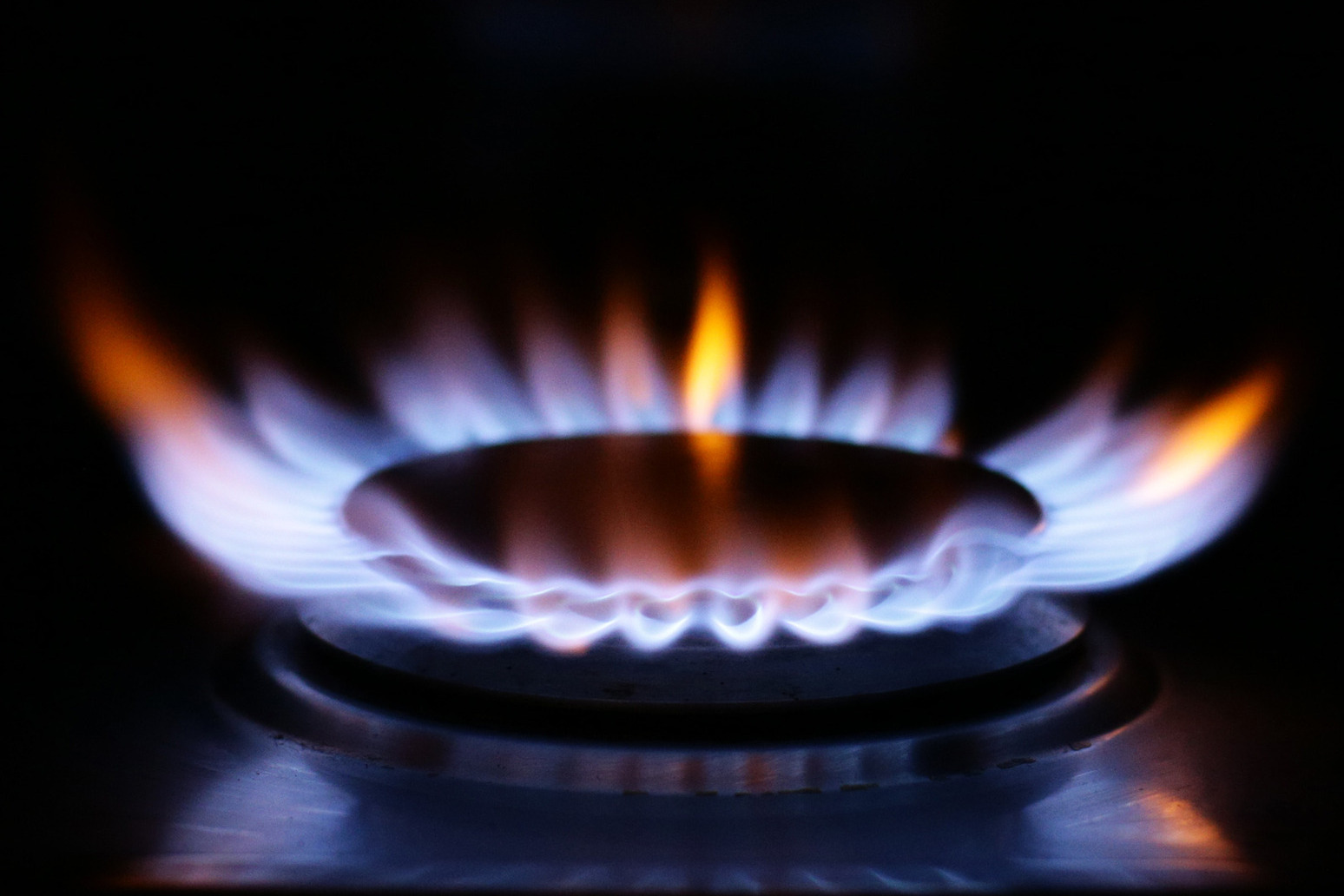Listeners:
Top listeners:
-
 play_arrow
play_arrow
WBPL – LIVE As Blackpool As You Are
 Adele - Easy On Me
Wow I love this song! Thank you for your amazing music!
Aria R.
Adele - Easy On Me
Wow I love this song! Thank you for your amazing music!
Aria R.
 Deep Purple - Smoke On the Water
Shoutout to the rainbow in my life, Gina!
Orion S.
Deep Purple - Smoke On the Water
Shoutout to the rainbow in my life, Gina!
Orion S.
 Luna Park - Space Melody (Radio Version)
Calling my cosmic companion, Jane! Hit play and let's embark on a musical space journey.
Luna Park - Space Melody (Radio Version)
Calling my cosmic companion, Jane! Hit play and let's embark on a musical space journey.
Households urged to submit energy readings before the New Year


It comes as the Energy Price Cap rises on January 1st
Nine million households have been urged to send meter readings to their energy supplier as prices rise again – with a further 3% increase forecast for April.
The average energy bill for households across England, Scotland and Wales is to increase by 1.2% from Wednesday after Ofgem raised its price cap in response to wholesale prices.
The increase takes effect just as temperatures are set to plunge and many face warnings of snow.
It also comes as analysts Cornwall Insight revised up their previous forecast of a further 1% increase to the price cap in April, now suggesting households will face an almost 3% hike.
Dr Craig Lowrey, principal consultant at Cornwall Insight, said: “The news of a rise in our forecast will be disappointing to households who will no doubt have been hoping for relief from recent cap rises.
“However, the turbulence in wholesale markets – a level of volatility we haven’t seen for months – reminds us to remain cautious of predictions, which could very well increase or decrease several times before the April cap is set.
“With a Trump presidency on the horizon, and an uncertain geopolitical situation in the Ukraine and the Middle East, wholesale market volatility looks set to remain.
“To add to the wholesale turbulence, other cost measures being decided upon by Ofgem and the Government have the potential to move the cap up or down. As we look ahead, consumers must brace for continued fluctuations.”
Ofgem has urged customers to take advantage of increasing choice among suppliers and look for the best deal to help keep their bills down, saying households could save up to £140.
The price cap does not limit total bills, because householders still pay for the amount of energy they consume.
The latest price cap is 10% or £190 lower than a year earlier, and 57.2% or £2,321 less than during the energy crisis, which was fuelled by Russia’s invasion of Ukraine in February 2022.
But it comes as millions of pensioners are facing a winter with less support, after the new government decided to scrap winter fuel payments for those who do not receive pension credit or other benefits.
About 10 million pensioners will miss out on the payments of up to £300 this year.
Households on standard variable tariffs (SVTs) who do not have a smart meter should record and submit their gas and electricity readings before New Year’s Day to avoid paying for any more energy than they need to at the higher prices. The difference between a week’s worth of energy at January’s rates compared with December’s is £6.67 for the average household.
Comparison site Uswitch calculated that the average household on an SVT is expected to spend £165 on energy in January compared with £135 in December, due to a combination of higher rates and increased usage at the start of the year.
Analysts Cornwall Insight have predicted a third consecutive increase to the price cap of 1% in April to take the average bill to £1,762 a year, following January’s 1% rise and the 10% hike in October.
Uswitch energy spokeswoman Elise Melville said: “Submitting a meter reading may not be top of households’ to-do list this Christmas, but it’s worth doing to avoid the risk of paying more for their energy in the new year.
“Customers who don’t have a smart meter should aim to submit their readings before or on Wednesday January 1, so their supplier has an updated – and accurate – view of their account.
“If you leave it any later than this, then some of your December energy usage could end up being estimated and therefore charged under the higher January rates.
“Now is also an ideal time to look at switching to a new energy tariff, as there are a range of fixed deals currently available that are cheaper than the January price cap.
“By opting for a fixed deal, you’re locking in those rates for the duration – which means households could have price certainty and avoid the ups and downs of the price cap. Make sure you are happy with how long the contract lasts and any exit fees for leaving early.”
Which? Energy editor Emily Seymour said: “As we head into the coldest months of the year, many households will be concerned that the energy price cap is going up this week.
“It’s worth shopping around for energy deals – we’ve seen a number of tariffs on the market with rates cheaper than the new price-capped figures.
“You should compare what your monthly payments would be on a fixed deal with what you’d expect them to be if you remain with the price-capped variable tariff to see what the best option is for you. As a rule of thumb, we’d recommend looking for deals cheaper than the price cap, not longer than 12 months and without significant exit fees.”
Several household bills will increase from the start of April.
Households in England and Wales will see their water bills increase by an “extortionate” average of £86 next year alone.
Regulator Ofwat has said it will allow companies to raise average bills by £31 a year, or £157 in total, over the next five years to £597 by 2030 to help finance a £104 billion upgrade for the sector.
That represents a 36% increase before inflation, which will be added on top.
But despite the average £31-a-year increase, households will be hit particularly hard from April with an average hike of £86 or 20% front-loaded into the coming year, with smaller percentage increases in each of the next four years.
Council tax will also be going up from April 1, with many local authorities increasing bills by the maximum 4.99%, although some struggling councils are increasing their rates by more than this, with Birmingham City Council increasing the charge by 10%.
TV licence fees will also go up in line with inflation, meaning the cost of a standard colour TV licence will go up £5, increasing from the current £169.50 to £174.50.
Published: by Radio NewsHub
Written by: admin
-
Recent Posts
- Esther Ghey Says School Phone Ban Would Have Really Helped Daughter Brianna
- Tories Will Challenge Government To Rule Out Property Tax Hikes
- Camilla Makes First Appearance Since Revelation She Fought Off Sexual Assault
- Southampton Flat Fall Victim Named Amid Murder Investigation
- New Green Party Leader Wants To Reclaim Populism After Landslide Win
Chart
-

1
Jonas Blue, Liam Payne And Lennon Stella
Polaroid
-

2
Tanja Thomas
One Way Ticket (To The Blues)
-
3
The Monkees, 01.01
I'm A Believer
-
Top popular

Difficult day as last blast furnace shuts down at Port Talbot steelworks

UK Government charters flight for Britons in Lebanon

Household energy bills to rise for winter as Ofgem lifts price cap

Downton Abbey creator Julian Fellowes Dame Maggie Smith was blessing in my life

Ringleader of plot to smuggle 76m of cocaine into UK hidden in bananas jailed

WHO WE ARE
We are bringing the fun back to the seaside city, and we live and love EVERYTHING Blackpool!
CONTACT
- info@wbplradio.com
Copyright The Mediasite UK - 2024.



